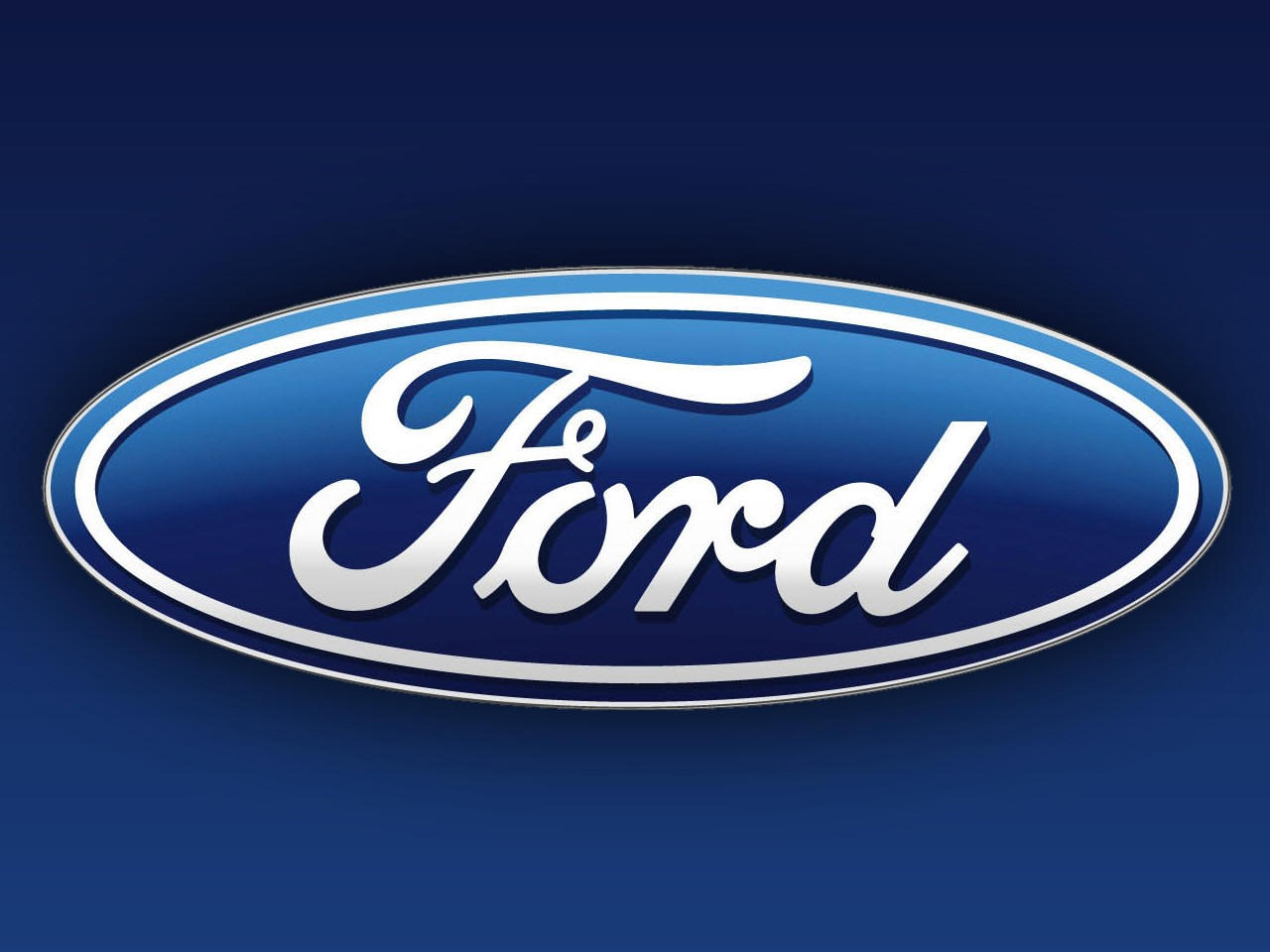Ford is leveraging Google's Prediction API to model driving behavior based on driving history. The idea is to optimize fuel and/or power consumption by guessing routes.
Ford Motor Company is using Google's Prediction API to improve energy efficiency in its cars, the company said.
The Prediction API is a tool developers can use to, for example, write applications that recommend content such as movies or target key customers. The tool leverages Google's massive cloud of servers and storage.
At Google I/O in San Francisco May 11, Ford said the API could be used to gauge driver behavior and tune car controls to boost fuel or hybrid-electric efficiencies.
Specifically, Ford is using the prediction software to study driving history, including where a driver has traveled and at what time of day, over the prior two-year period.
Using this driving history, which would be completely voluntary, Ford believes it will be able to divine where a driver is headed at the time of his or her departure.
The motor vehicle maker said it will be able to enable the car to "optimize itself" for the route, thus preserving fuel and/or electricity.
Ryan McGee, technical expert of vehicle controls architecture and algorithm design for Ford Research and Innovation, explained how this works at I/O, albeit on a screen slide show rather than an actual vehicle.
When a vehicle owner opts in to use the service, an encrypted driver data usage profile is built based on routes and time of travel.
When a driver starts the car, Google Prediction software will compare the driver's historical driving behavior with current time of day and location to predict the most likely destination and how to optimize driving performance to and from that location.
Then, an on-board computer might ask the driver if he or she is going to work. If the driver replied in the affirmative, the car's computer would kick in a powertrain control strategy for the trip.
For example, a predicted route could include an area restricted to electric-only driving, where upon a plug-in hybrid vehicle could program itself to prescript energy usage over the total distance of the route in order to preserve enough battery power to switch to all-electric mode when traveling.
In addition to being useful for electric and hybrid vehicles, Ford said it could be used for vehicles operating in "low emission zones," where electric and low-emission vehicles would be allowed to ride in certain zones.
The idea, currently being tested in London, Stockholm and Berlin, is designed to preserve the environment and cut down on traffic. If a vehicle could predict exactly when it might be entering such a zone, it could program itself to comply with regulations, such as switching the engine to all-electric mode.
How the Prediction API would play with Ford's current Sync navigation and traffic information system, which also leverages the cloud to facilitate communication between vehicles, computers and drivers, is unclear.
Ford's embrace of Google's Prediction API comes one year after rival General Motors at Google I/O 2010 added navigation features for its Chevrolet Volt application that help users track their vehicles using cars on Google Maps and search for destinations on Android smartphones.





No comments:
Post a Comment